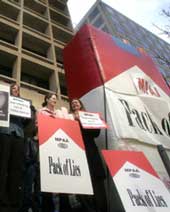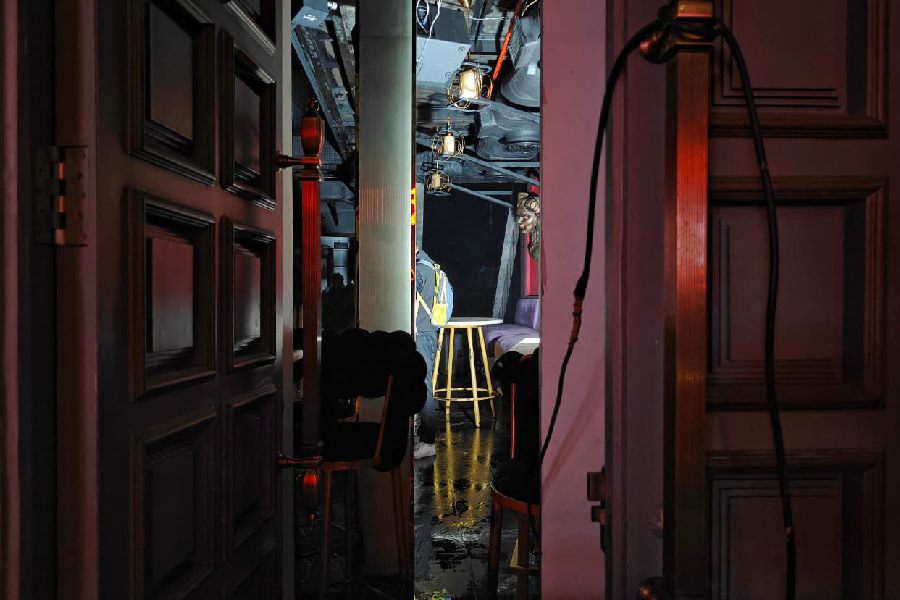|
|
| Gonville and Caius |
The death of Chanchal Sarkar on October 10 was not entirely unexpected. He had been ailing for some time. The illness, characteristically, was borne with an almost Stoic detachment. Chanchal Sarkar did not believe in fuss.
He was born on May 31, 1926. He went to St Xavier?s in Calcutta, and after his intermediate examination moved to Presidency College to study economics. He was one of those students who are never forgotten in Presidency College. He was bright, intelligent and articulate. In an era in which many of his peers had been drawn to communism, largely because of the presence of Sushobhan Sarkar in the college, Chanchal Sarkar remained distinctly non-left. Some of his friends remembered him as having a religious orientation.
From Presidency, Sarkar went to Gonville and Caius College, Cambridge. He was also called to the bar from Lincoln?s Inn. But neither the groves of academia nor the call of silk beckoned the young Sarkar. Grub Street claimed him and he joined as assistant editor in The Statesman. This in itself was remarkable since in the early Fifties, direct entry into the sacred preserve of assistant editors in The Statesman was rare. It was as a commentator that Chanchal Sarkar blossomed. His prose was limpid, the analysis invariably thought-provoking and the research impeccable. From Calcutta, he moved to Delhi where he made his mark as a commentator on All India Radio. His clipped accent and chiselled prose made for excellent radio journalism.
He became the founder director of the Press Institute of India in 1963, a position he left in 1981. He continued to write in various newspapers and served on various committees to do with media and journalism. I had the good fortune to serve under him in a committee that selected journalists for an award. It was here that Sarkar?s no-nonsense and utterly transparent attitude to work and his profession became apparent. One could argue and differ with him, and he tried, in his always quiet way, to persuade with logic and reason. One could see that there was always a mind at work, not petty vested interests.
For those who knew Chanchal Sarkar, he came across as a true liberal. He upheld the intellectual values of Cambridge and of Presidency College. He had little or no sympathy with left ideas but counted Mohit Sen, a wholetimer of the Communist Party of India, and Asok Sen, a well-known Marxist intellectual, as his friends. An even more remarkable testimony of his catholicity was the fact that his wife, Lotika, a well-known jurist, was a member of the CPI.
I last saw Chanchal Sarkar at a memorial meeting for Mohit Sen at the India International Centre in Delhi. The meeting ended with an English rendering of the last poem in Tagore?s novel Shesher Kabita. The translation was an assault on one?s sensibilities. Unable to take it, I left the auditorium. In the lobby, I found that the Sarkars ? Lotika and Chanchal ? had also walked out. Chanchal looked particularly pained, he drew me aside, ?Not that poem, in translation, not even for Mohit,?? he whispered.












